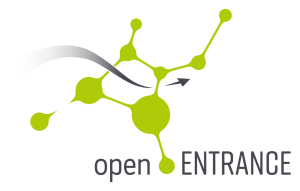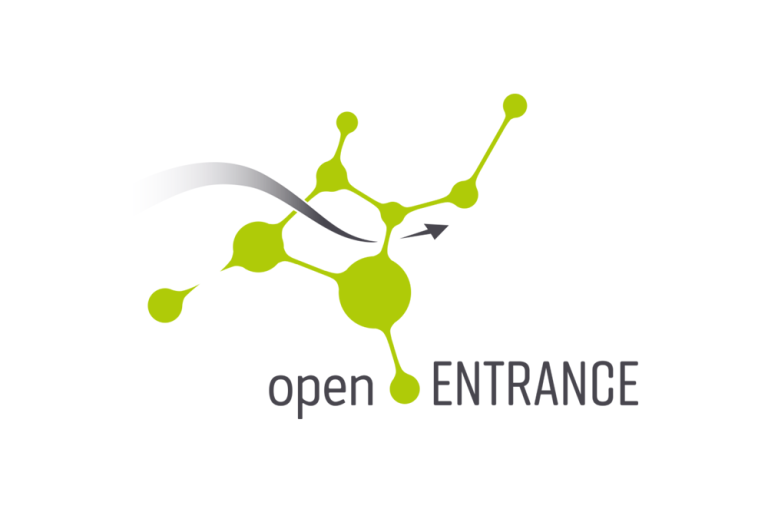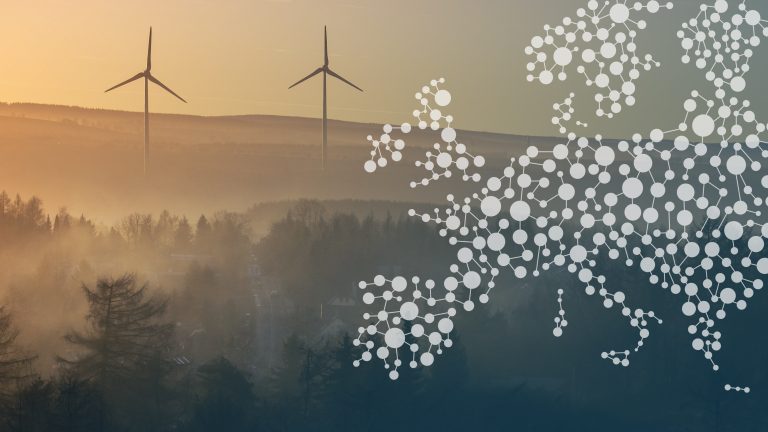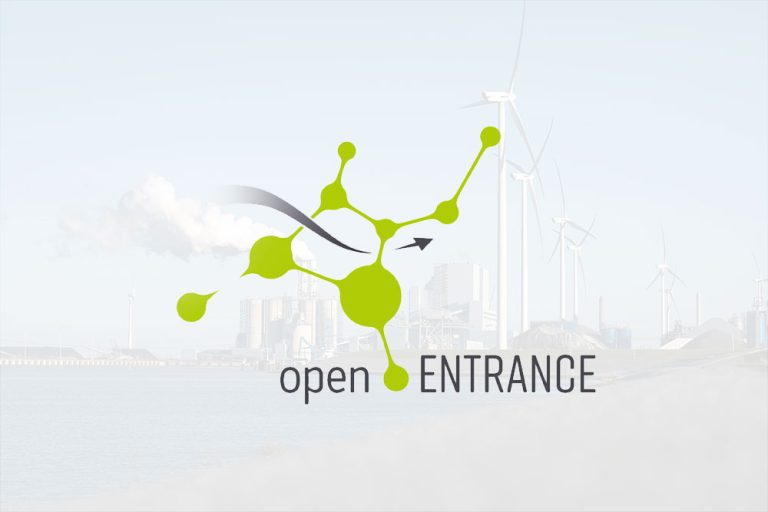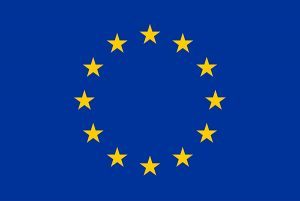The fourth conference of the Energy Modelling Platform for Europe (EMP-E) took place on 6th–8th October 2020. The conference was put together in co-operation with the H2020 Energy Modelling Group, made up of eight Horizon 2020 projects. Thank you to everyone who took part in this year’s conference. For those who were unable to attend, we have gathered all video recordings and presentations, as well as summaries of the key takeaways below. Enjoy!
Day 1 – Opening Session
Please accept YouTube cookies to play this video. By accepting you will be accessing content from YouTube, a service provided by an external third party.
If you accept this notice, your choice will be saved and the page will refresh.
Plenary 1 – Impacts of COVID-19 on the energy system – What are the consequences for future energy modelling?
The COVID-19 outbreak is an unprecedented shock to the global energy system that may result in long term changes to the structures of energy supply and demand. This session began the process of incorporating this shock into energy system models.
Please accept YouTube cookies to play this video. By accepting you will be accessing content from YouTube, a service provided by an external third party.
If you accept this notice, your choice will be saved and the page will refresh.
Presentations:
| Introduction to the session | Jed Cohen,Energy Insitute at Johannes Kepler University |
| The macro-economic and energy system impacts of COVID-19 so far (no presentation available) | Prof. Claudia Kemfert, DIW Berlin |
| Energy system modelling under shocks and disruption | Prof. Reinhard Haas, TU-Wien |
| Modelling the French power system during COVID-19: Cascading effects from stay-at-home regulations | Dr. Clemence Alasseur, EDF |
| Transport, mobility patterns and digitalization in Italy during and after COVID-19 | Prof. Manfred Hafner, FEEM |
Plenary 2 – Climate Neutral Pathways, scenarios and storylines: Useful lessons learned and strategies for the European Green Deal
This plenary gave room for presentation of the newest results of H2020 projects on assessing climate-neutral pathways for the EU. Discussions focused on identifying similarities/differences in projects’ outcomes to address key issues of energy modelling.
Please accept YouTube cookies to play this video. By accepting you will be accessing content from YouTube, a service provided by an external third party.
If you accept this notice, your choice will be saved and the page will refresh.
Presentations:
| Introduction to the session | Pao-Yu Oei, TU Berlin |
| Modelling carbon neutral pathways for EU Green deal and climate neutrality | Alessia De Vita, E3Modelling |
| Quantitative Scenarios for Low Carbon Futures of the pan-European Energy System | Karlo Hainsch, TU Berlin |
| The path to climate neutrality – residual sector emissions and CDR | Jessica Strefler, PIK |
| Civil society’s Paris Agreement Compatible (PAC) scenario for net-zero emissions by 2040 | Jörg Mühlenhoff, CAN Europe |
Focus Group 1 – Climate Neutrality: energy modelling, weather and climate
This session explored the field of interdisciplinary modelling of spatially and temporally highly resolved energy & power system models and meteorology & climate models. Crucial steps to provide policy-relevant research results were discussed.
Please accept YouTube cookies to play this video. By accepting you will be accessing content from YouTube, a service provided by an external third party.
If you accept this notice, your choice will be saved and the page will refresh.
Presentations:
| Welcome and introduction to the session (no presentation available) | Stefan Pfenninger, ETH Zürich |
| Key insights from the most recent generation of spatially and temporally resolved energy system models | Tim Tröndle, IASS Potsdam |
| Energy-relevant weather and climate data through the Copernicus Climate Change Service (C3S) and related initiatives | Alberto Troccoli, WEMC |
| Critical questions at the intersection of weather, climate, and energy models | David Brayshaw, University of Reading |
Focus Group 2 – Circularity and use of raw materials
The aim of this session was to discuss the nexus between raw materials and energy technologies and learn about how some energy systems models (ESM) are working to consider raw materials and circularity in their models.
Please accept YouTube cookies to play this video. By accepting you will be accessing content from YouTube, a service provided by an external third party.
If you accept this notice, your choice will be saved and the page will refresh.
Presentations:
| Welcome and introduction to the session and recap of survey results | Laura Talens Peiró, Institute of Environmental Science and Technology (ICTA-UAB) |
| 2020 list of CRMs for the EU and JRC foresight study on CRMs in strategic sectors | Prof. Gian Andrea Blengini, European Commission, DG JR |
| Mineral requirements associated to energy transitions: the MEDEAS approach to identify availability risks | Iñigo Capellán-Pérez, University of Valladolid |
| Development of an environmental and Bio-economic assessment for Energy System models: the case of ENVIRO | Cristina Madrid López, ICTA-UAB, SENTINEL project |
Day 2
Plenary 3 – Socio and economic impacts of the transition
The aim of this session was to create politically relevant analysis of distributional impacts of various energy transition pathways to allow for higher societal and political acceptance, while minimizing the negative impacts.
Please accept YouTube cookies to play this video. By accepting you will be accessing content from YouTube, a service provided by an external third party.
If you accept this notice, your choice will be saved and the page will refresh.
Presentations:
| Welcome and introduction to the session and presentation of results from registration questionnaire | Pao-Yu Oei, TU Berlin and Diana Süsser, IASS Potsdam |
| Tackling social drivers and constraints of the energy transition in energy modelling | Diana Süsser, IASS Potsdam |
| Socio-economic and competitiveness impacts of EU Green deal and climate neutrality | Leonidas Paroussos, E3Modelling |
| Regional impacts of electricity system transition in Central Europe until 2035 | Jan-Phlipp Sasse, UNIGE |
| Addressing issues of inequality | Johannes Emmerling, CMCC |
Plenary 4 – Sector Integration – Decarbonisation through multi-energy carrier integration
This plenary has presented sector integration from the perspective of different actors in the energy system. Spatial aspects of integrating energy sectors at all levels were considered. Barriers, approaches and recommendations were discussed.
Please accept YouTube cookies to play this video. By accepting you will be accessing content from YouTube, a service provided by an external third party.
If you accept this notice, your choice will be saved and the page will refresh.
Presentations:
| Welcome and introduction to the session (master presentation) | Alessandro Provaggi, Euroheat & Power / DHC+ Technology Platform |
| The whole system approach: a regulatory perspective on sector integration | Luca Lo Schiavo, ARERA – Italian Authority for energy |
| Sector integration from the multi-energy system operator and aggregator perspective | Christophe Gutschi, cyberGRID |
| Small and medium prosumers in Flexibility Markets: the Italian case and some highlights of IREN related innovation activities | Federico Boni Castagnetti, IREN |
| Impact of Sector Coupling – Some Exemplary Aspects from Heating and Power-To-Ga | Dieter Most, Siemens |
Focus Group 4 – Smart cities, smart grids and digitalisation: modelling insights and lessons learned
This session addressed four main topics in urban environments: multi-energy systems, renewables & flexibility resources, electrification of transportation, and the evolution of distribution system operators. Priority was given to real-life case studies.
Please accept YouTube cookies to play this video. By accepting you will be accessing content from YouTube, a service provided by an external third party.
If you accept this notice, your choice will be saved and the page will refresh.
Presentations:
| Welcome and introduction to the session | Andrea Mazza, Politecnico di Torino |
| Multi-energy systems in their urban environment | Edoardo Corsetti, RSE, H2020 MAGNITUDE project |
| Renewables and flexibility resources in the cities – how to integrate and exploit them? | Vittorio Verda, Politecnico di Torino, H2020 RE-COGNITION project |
| Electrification of transportation at city level | Cristiana Botta, Links Foundation, H2020 INCIT-EV project |
| Evolution of the role of distribution system operators | Gianluigi Migliavacca, RSE, H2020 FlexPlan project |
Day 3
Focus Group 5 – Infrastructure for integrating open-source models across spatial and sectoral scales to facilitate open science and transparency
This focus group presented the state of the art development in Horizon2020 projects and other initiatives, and discussed possible improvements regarding open-source modelling frameworks and infrastructure for open model integration.
Please accept YouTube cookies to play this video. By accepting you will be accessing content from YouTube, a service provided by an external third party.
If you accept this notice, your choice will be saved and the page will refresh.
Presentations:
| Introductory presentations by the organizing consortia on complementary aspects of their infrastructure and modelling platform solutions (no presentation available) | Daniel Huppmann, openENTRANCE/IIASA |
| The OEP data model | Sarah Berendes, OEP/Reiner Lemoine Institute |
| Serving different models from the same database | Juha Kiviluoma, Spine/VTT |
| A data package for linking models from different fields | Stefan Pfenninger, SENTINEL/ETH Zürich |
| Packages to build scripted workflows between models and the openENTRANCE platform | Daniel Huppmann, openENTRANCE/IIASA |
Focus Group 6 – How can energy modelling tools from H2020 projects contribute to National Energy and Climate Plans?
The objective of this session was to enhance exchanges and discussions between H2020 funded projects and national authorities in charge of National Energy and Climate Plans, regarding “How can EC funded projects support national policy makers”.
Please accept YouTube cookies to play this video. By accepting you will be accessing content from YouTube, a service provided by an external third party.
If you accept this notice, your choice will be saved and the page will refresh.
Presentations:
| Welcome and introduction to the session | Ingeborg Graabak, SINTEF |
| National Energy and Climate Plans: what are they, why they need be built on strong analytical foundation? | Clement Serre, European Commission, DG ENER |
| NECP in Bulgaria (no presentation available) | Zhecho Stankov, Deputy Minister of Energy, Bulgaria |
| NECP in Spain | Miriam Bueno Lorenzo, Deputy Directorate General of Prospective, Strategy and Regulation on Energy, Ministry for the Ecological Transition and the Demographic Challenge, Spain |
| Energy Planning in Regione Piemonte | Silvio De Nigris, Public Officer at the Sustainable Energy Sector of Piemonte Region. |
| GENeSYS-MOD (openENTRANCE) | Karlo Hainsch, Technische Universität Berlin |
| Multi-Carrier Market-Design tool (Magnitude) | Ana Virag, EnergyVille / VITO |
| Plan4EU (plan4res) | Sandrine Charousset, EDF |
| TEPES (openENTRANCE) | Andres Ramos, Universidad Pontificia Comillas |
| FRESH:COM and GUSTO (openENTRANCE) | Sebastian Zwickl, Technische Universität Wien |
| EXIMOD (openENTRANCE) | Hettie Boonman, Netherlands Organization for Applied Scientific Research (TNO) |
| REMES (openENTRANCE) | Paolo Pisciella, NTNU |
Focus Group 7 – Transformation of the Energy system: centralisation vs further decentralisation
The aim of this session was to provide insights into the transformation of the European energy system and to deliberate on how to reconcile the need for a coordinated European approach with the ever-increasing degree of specialisation in decision making.
Please accept YouTube cookies to play this video. By accepting you will be accessing content from YouTube, a service provided by an external third party.
If you accept this notice, your choice will be saved and the page will refresh.
Presentations:
| Welcome and introduction to the session (no presentation available) | Jasper Geipel, TU Wien |
| European Auctions for renewable support | Gustav Resch, TU Wien |
| Quantifying the impact of decentralization on investment decisions | Nadia Oudjane, EDF |
| Planning and Operational Tools for Optimal Flexibility Exploitation in Integrated Local Energy Systems | David Greenwood, Newcastle University and Vasiliki Katsiki, Hypertech Energy Labs |
Focus Group 8 – Uncertainty and modelling: lessons learned and gaps
This session revolved around two key issues:
1. Techniques to deal with uncertainty.
2. Case studies and their main findings in terms of key policy messages and recommendations.
Please accept YouTube cookies to play this video. By accepting you will be accessing content from YouTube, a service provided by an external third party.
If you accept this notice, your choice will be saved and the page will refresh.
Presentation:
| Welcome including explanation of the structure of the session, discussion of the results of the survey | Sara Lumbreras, Danny Pudjanto |
| Senior expert presentation of state-of-the art methods | Prof Tomasgard Asgeir – Director FME NTRANS, Director NTNU Energy Transition Initiative |
| Transmission Investments Under Long-Term Uncertainty in the European Electricity System | Paola Falugi |
| Accounting for uncertainty in power system planning – The OSMOSE approach | Jean-Yves Bourmaud |
Closing Session
The Closing session gave an overview on all sessions that took place throughtout the EMP-E2020 conference.
Please accept YouTube cookies to play this video. By accepting you will be accessing content from YouTube, a service provided by an external third party.
If you accept this notice, your choice will be saved and the page will refresh.
Presentation:
| Overview slides from each session | Ingeborg Graabak |
